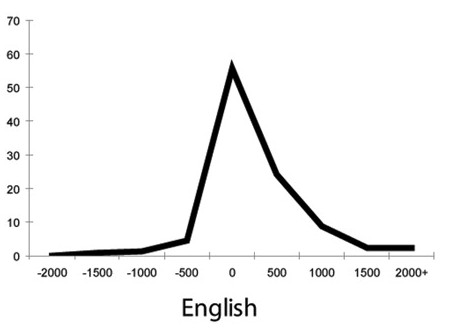Better directly: unh?
Anyone who loves language will surely cut a lot of slack for a magazine that will describe the Sunday Assemblies (increasingly popular non-religious Sunday gatherings of atheists in England) as "non-prophet organizations" (The Economist, 26 October 2013, p.34). It remains my favorite magazine, and its delicious puns are only part of the reason. But what the hell is going on with language like this (same issue, p.15)?
This newspaper has argued before that it is better directly to tax investors, workers and consumers.
Better directly? What does that mean? I had to go back a few words and re-read.
Read the rest of this entry »
Permalink Comments off






